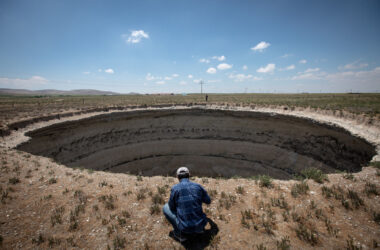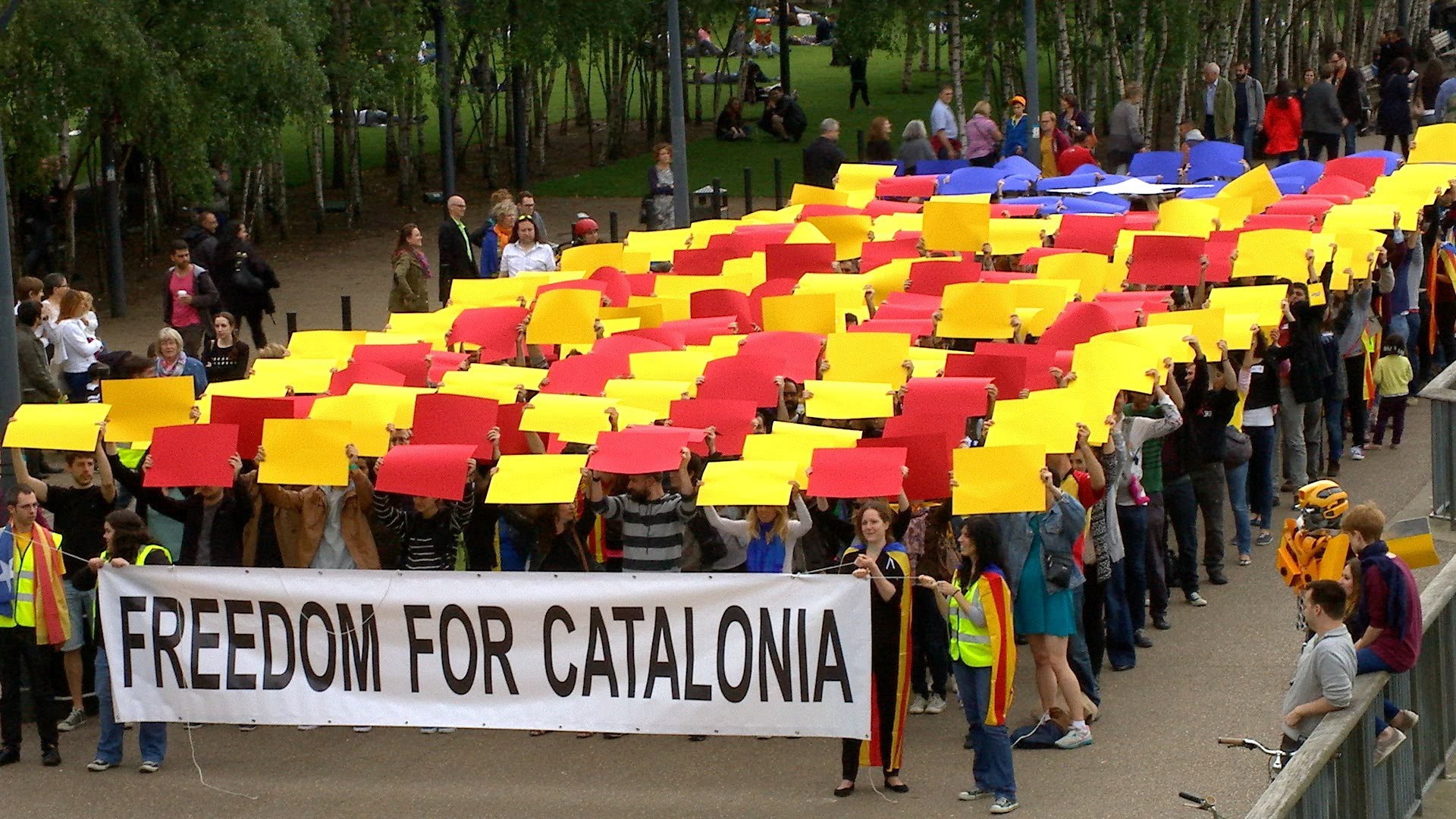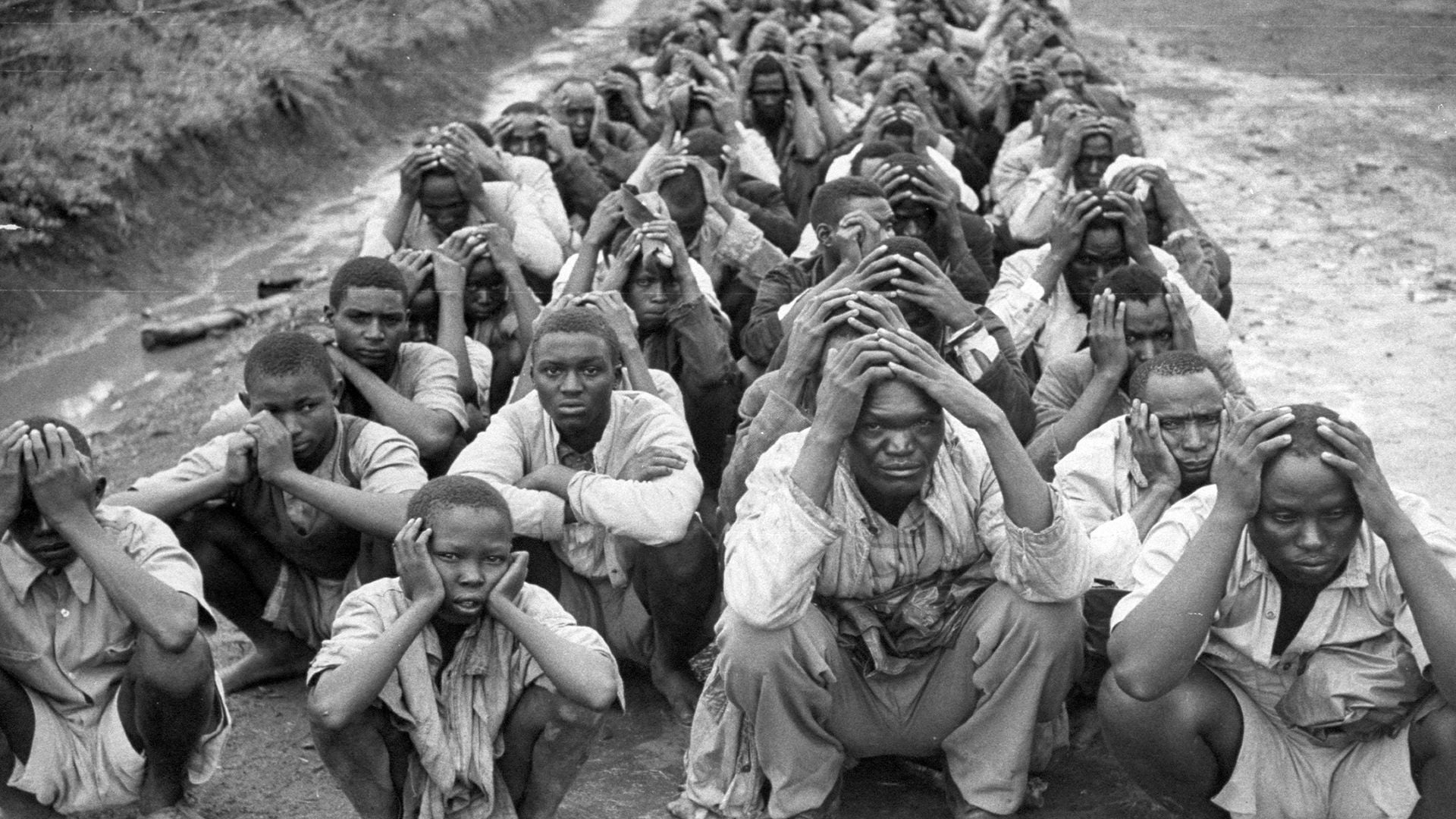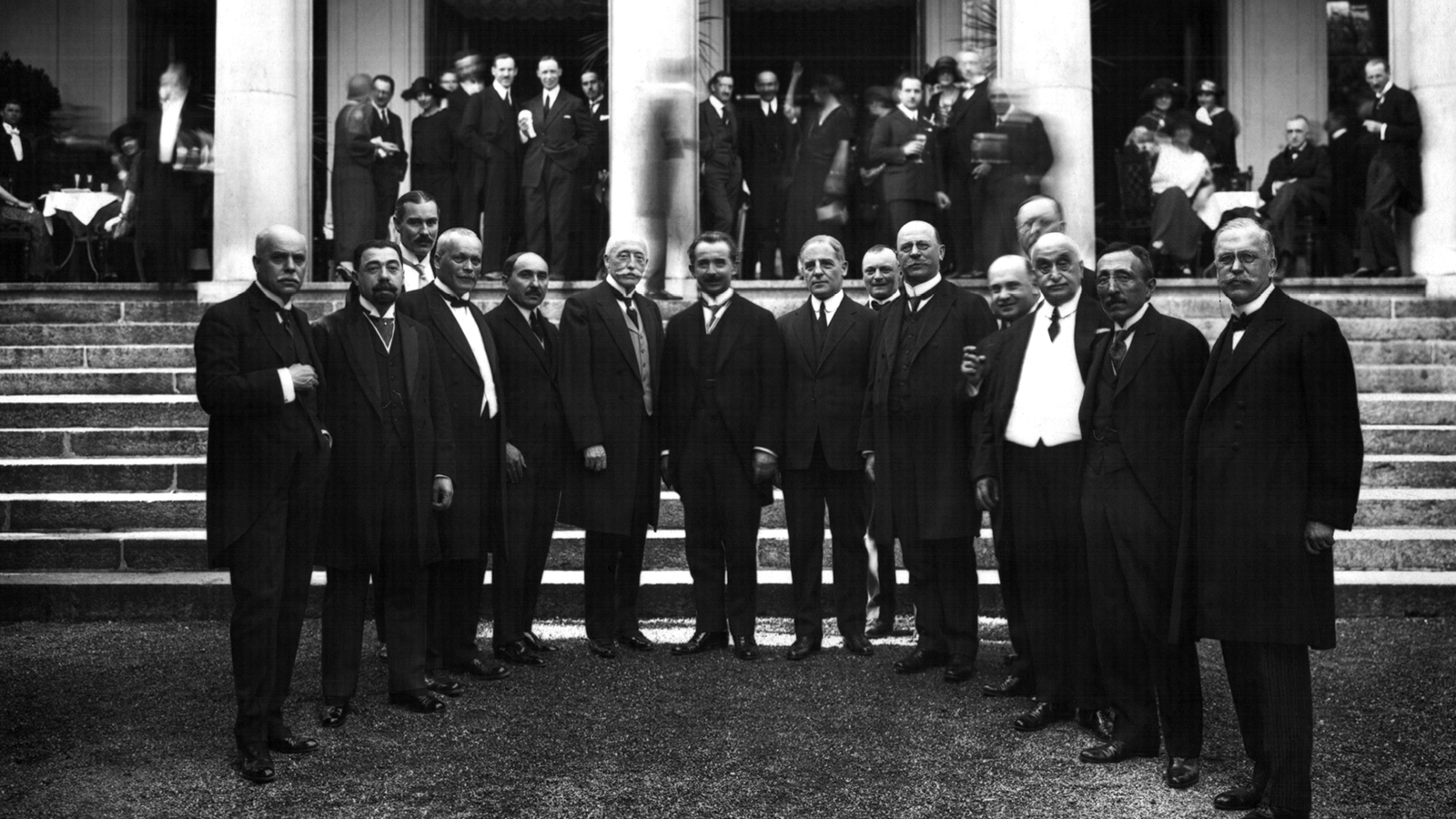Today, the interests of regional communities with different languages and cultures and the search for social identity have led to the establishment of governments under the name of “autonomous regions” that are between the central government and local governments. After the Cold War, the world witnessed the rise of the voices of regional identities due to the different searches of local identities. Spain is a country that has many ethnic, linguistic, and cultural differences and has witnessed the rise of regional identity voices in history. Besides Castilian people in the country, Galicians, Catalans, and Basques, Occitan and Arabs are other ethnic groups (Özen, 1995). In Spain, specially Catalan and Basque Regions gained a politically autonomous structure in various periods, this autonomous structure was secured bylaws in the 1930s, and no restrictions were imposed on the use of languages other than Spanish in the regions. However, during the period of General Francisco Franco, who took over the administration after the Spanish Civil War, the autonomy status of these regions was abolished and the use of languages other than Spanish in daily life was prohibited. These prohibitions and pressures led to the increase of nationalist movements in Catalonia (Esen, 2003).
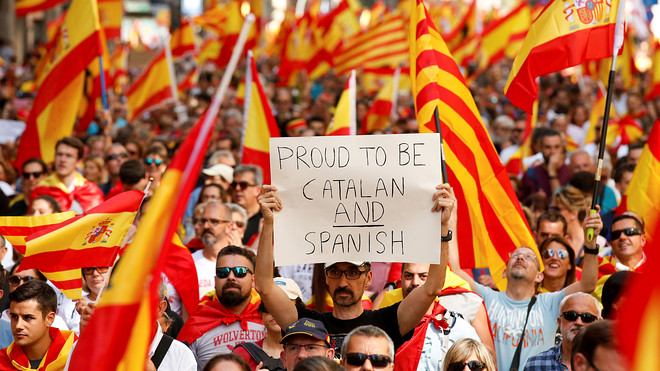

REUTERS (Spain-Catalonia Crisis)
Catalonia is an autonomous region located in Spain’s the Iberian Peninsula and consists of 4 cities, including Barcelona, one of Spain’s most important sources of income. Catalonia, which could not have the status of an independent state in any period of history, became a part of Spain after the unification of the Aragon and Castile crowns. The framework of the autonomies that Catalonia has enjoyed since 1515 has constantly changed. However, the only constant is the Catalans’ demands for independence or autonomy. When the historical process is examined, it is understood that Catalonia is constantly struggling to protect its ethnic, cultural, and linguistic structure and the right to autonomous administration (Storm, 2018).
In the face of the struggle of the Catalonians, the Spanish government has implemented a number of prohibition policies. The termination of the implementation of the Catalan Penal Code, the prohibition of the Catalan language in education, and the termination of the use of Catalan currency can be shown as examples of the prohibition activities carried out within the scope of these policies. These developments have created great awareness of nationalism in the Catalonia region. With the proclamation of the II. Republic in 1931, the existing monarchical order left its place to the republic, and after this process, it declared its independence to Catalon in the same year. However, this situation did not last long and 4 years later civil war broke out. After Franco won the civil war in question, the fascist regime came to power in 1939 (Guibernau, Rocher and Adam, 2014).
The policies implemented in 1939-1975, when the fascist administration was in power, created an oppressive environment for Catalonia. Franco’s practices also brought about a rapid centralization. This caused Catalonia to lose its autonomy once again. Spain became a parliamentary monarchy after the death of General Franco on 20 November 1975. (Thomas, 2012, p.14). In this context, Crown Prince Don Juan Carlos was declared king and a transition period to democracy started. The first democratic election after Franco was held in 1977. One year after the election, the Constitution was declared in 1978 (Arıbaş and Kara, 2010, p.71-72). Indeed, in many respects, it is possible to talk about a new Spain after the death of Franco. The most striking point about this view is the autonomy granted to various regions within the framework of the 1978 Constitution. With the model of autonomous communities adopted in the Constitution that entered into force in 1978, the autonomy demands were largely met and Catalans regained their autonomy (Esen, 2014: 333-334).
Catalonia, which gained autonomous status in 1979, gained administrative and financial autonomy after a series of reforms implemented in 2006. This has led Catalans to take steps towards becoming independent rather than being satisfied with autonomy. Catalonia, one of the economically strong regions of the country, started to express its demand for independence stronger after the economic crisis that affected the whole world in 2016. According to the unofficial referendum held in 2014, 80% of those voting favored independence. Although the Spanish Ministry of Justice found this process illegal, this referendum or an attempt to referendum showed that some of the Catalans’ demands could not be completely ignored. In the local elections held in 2015, the parties in favor of the separation in the Catalan parliament announced that they would hold a referendum within 18 months. In voting held in early September, the Catalan parliament decided to hold an independence referendum on October 1st. On 1 October 2017, the Catalonia autonomous region separated from Spain and organized the Catalonia Referendum in order to become an independent state. The Catalonia Independence Referendum has been declared illegal by the Spanish Constitutional Court. The Spanish central government sent a large number of police forces to the region to prevent the independence referendum. With a high level of economic prosperity, Catalonia demands independence in order not to further financially support the Spanish central government.
In conclusion, Spain is a country with many ethnic, linguistic, and cultural differences. After the ups and downs of its unique historical development and a lengthy regime of repression, it approved the 1978 Constitution. One of the most important innovations brought about by the current constitution is that it gives wide autonomy to the nations based on ethnic origin and their regions in political and legal terms.
Reasons such as the dictator Franco period, which marked the European history, political pressures, and the prohibition of Catalan speech that lasted for years, reinforced Catalonia’s desire for independence. Despite their geographical and cultural wealth, they have been subjected to many restrictions in Spain in the past. They demand a separation by opposing the ideology of the central government in Spain, the constitution, and the lack of democracy. The fact that Barcelona was the republican front during the Spanish Civil War between Franco’s forces and the Republicans attributes a republican character to Catalan separatism. It is the reason why Catalans highlighted their cultural differences with the Spaniards and advocated by Catalan nationalists. This group argues that the Catalan identity, which has a different language and culture, has been under the pressure and threat of the French and Spanish states for years and demands independence. With its Mediterranean climate, rich cuisine, and extraordinary architecture, Barcelona makes Catalonia one of the most attractive tourist cities in the world. The annual events make Barcelona and therefore Spain attractive for business and investors.
The social reality in Catalonia, the lack of international support for secession, the economic and social consequences of the conflict, and the constitutional and political reasons of the Spanish government constitute an important obstacle to the demands of Catalans for autonomy and independence. Although the loss of power experienced by Catalan separatism in Spain creates conditions for a broad internal agreement with the Spanish government, it can be said that the people of Catalonia will not give up on calling for an independent state and creating a strong public opinion on this issue.
Prepared by Tuba Yıldırım for The FEAS Journal.
References
Arıbaş, K. and Kara, H. (2010). Siyasi coğrafya açısından İspanya. Doğu Coğrafya Dergisi, 15(24), 61-86.
Başar, D. (2020). https://dergipark.org.tr/en/download/article-file/1028049. Journal of Eurasian Inquiries / Avrasya İncelemeleri Dergisi, 9(1). doi:10.26650/jes.2020.003
ESEN ARNWINE, Selin “İspanya’da Diktatörlükten Demokrasiye Geçiş Süreci”, 1975-1982, Amme İdaresi Dergisi, C.36, No:3, Aralık 2003, s.103-126.
Guibernau, M., Rocher, F. and Adam, E. C. (2014). A special section on selfdetermination and the use of referendums: Catalonia, Quebec and Scotland. International Journal of Politics, Culture and Society, 27(1), 1-3.
Gürses, İ, Coşkun, O., Gayretli, Ö, Kale, A., & Öztürk, A. (2020). Https://dergipark.org.tr/tr/download/article-file/1328425. İstanbul Tıp Fakültesi Dergisi, 83(4). doi:10.26650/iuitfd.2019.0082
ÖZEN, Çınar, Ulusal Bütünleşme, Etnik Milliyetçilik ve Etnik Terorizm: İspanya ve Bask Sorunu, Yeni Forum, Vol:16, No:318, 1995, s.11-22.
Storm, E. (2018). Catalan Nationalism and The Failed Secession From Spain. B. D. Wever, I. Ferreras, ve P. V. Parijs (Ed.), Multi-level Nationalism? The Catalan Question and Its Lessons for Belgium and for Europe (pp. 15-26). Brussels, Belgium: Re-Bel. Rethinking Belgium’s Institutions in the European Context.
Thomas, N. (2012). ETA’dan sonra? Katalonya, euskadi (Bask Ülkesi) ve İspanya anayasası. Londra: Demokratik Gelişim Enstitüsü.


